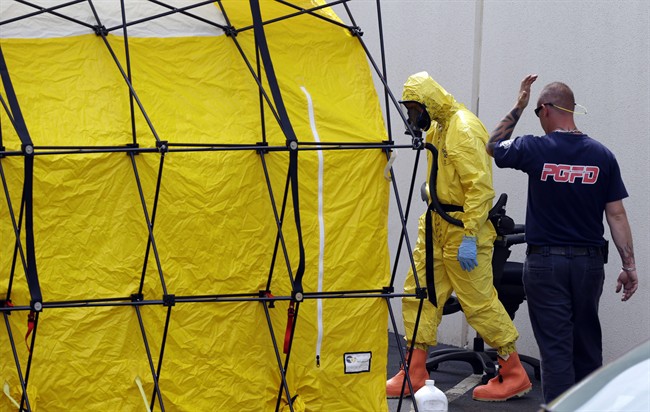OXFORD, Miss. – Experts say the ricin mailed to the president and a U.S. senator is relatively easy to make but generally can’t be used to target a large number of people.

A Mississippi man, Paul Kevin Curtis, has been charged with mailing letters laced with the naturally occurring toxin to President Barack Obama and U.S. Sen. Roger Wicker. Authorities say he sent a third threatening letter to a Mississippi judge, though that letter is still being tested for the presence of ricin.
Curtis has denied making the ricin and mailing the letters.
Murray Cohen is the founder of the Atlanta-based Frontline Foundation, which trains workers on preparedness and response to bioterrorism and epidemics. He says ricin is relatively easy to extract from readily available castor beans.

Comments